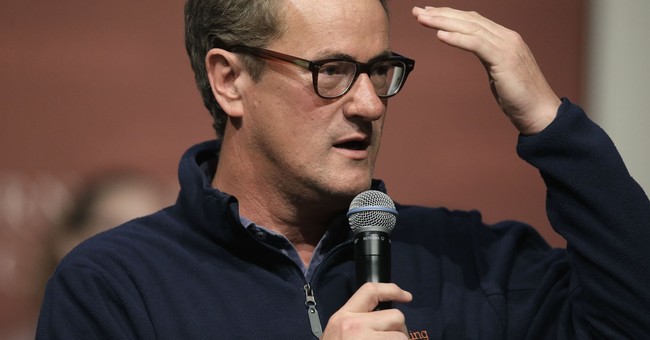4 Reasons Congress Doesn’t "Act" on Gun Violence
The reality is Congress isn’t, and can’t be, responsible for anyone’s personal safety.
 by James Davenport
by James Davenport
After
much is written to support such “common sense” reforms, politicians begin debating them, and then nothing seems to occur. Why? There are four basic reasons I believe there has not been greater action by Congress to address this issue.
Democracy
The most common answer is the
National Rifle Association’s powerful lobbying efforts. The NRA is constantly vilified as favoring 2nd Amendment rights over the lives of children. But this is an overly simplistic explanation.
Who is the NRA? It is an organization of
millions of gun owners across the country. It’s not some monolithic entity that operates outside of human will. It is a human institution, with people who are highly active and engaged on an issue of importance to them. So when we blame the NRA, or any other interest group with which we disagree, we are really saying that millions of our fellow citizens are advancing an agenda with which we disagree.
That’s fine. But in a democracy, that’s how things work. Democracy doesn’t require having a
majority of the people supporting you, it requires having an active number of engaged citizens that support your cause and will vote, donate, and spend time in order to advance that cause.
The fact that those who support greater restrictions on gun ownership have not convinced a large enough number of their fellow citizens to take up their cause in a more participatory manner is not the fault of those who disagree with them.






